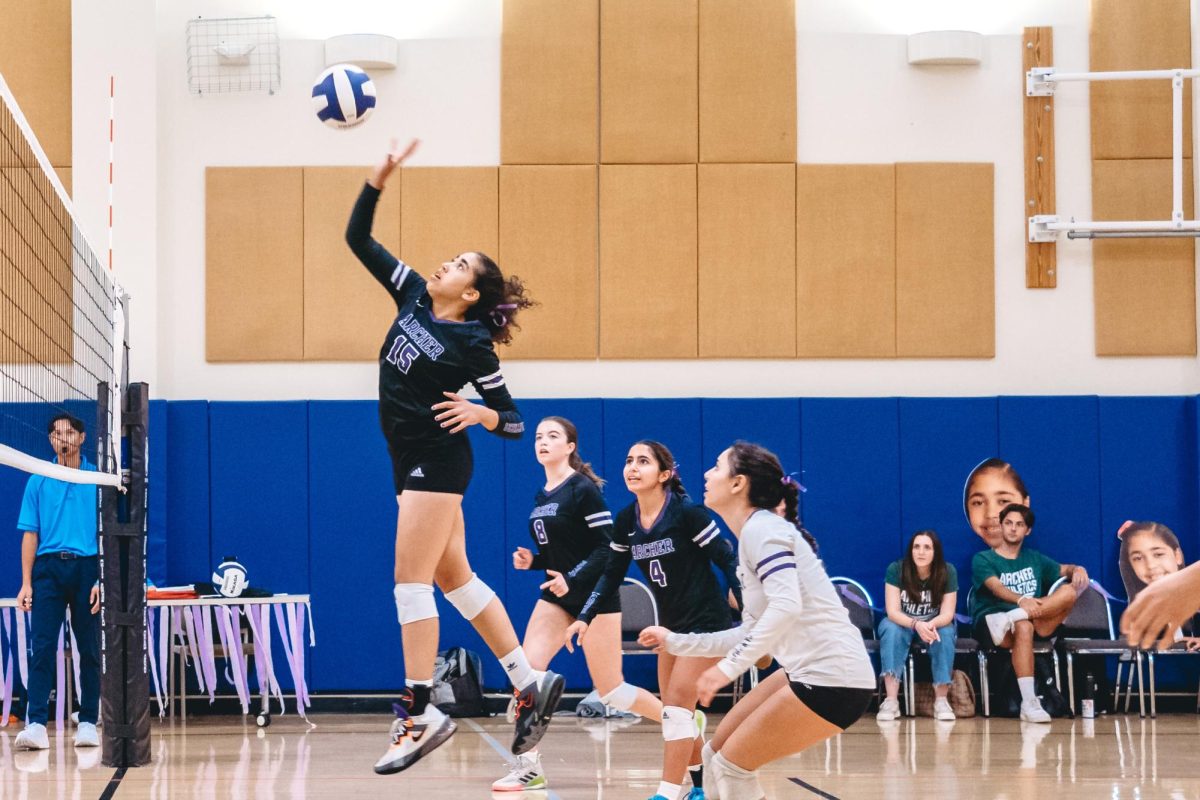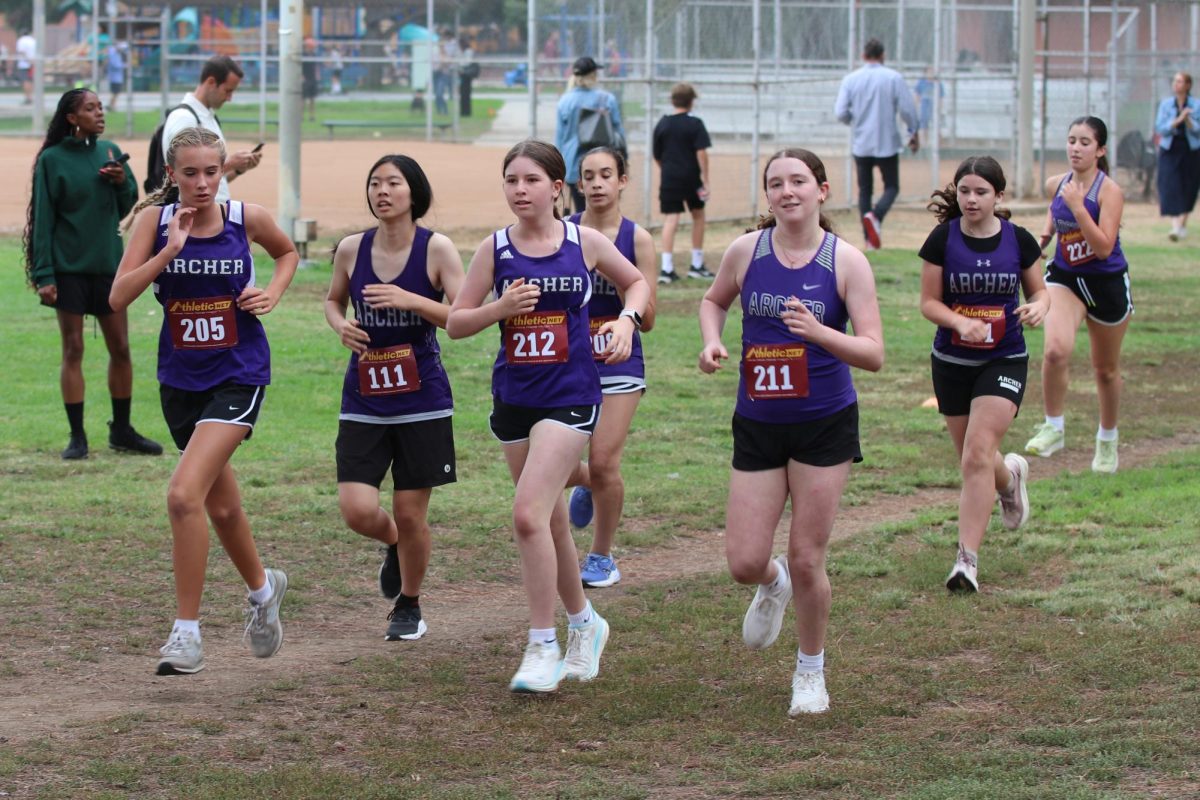Over the past 50 years, fantasy sports have risen to become an $11 billion industry with approximately 62.5 million people participating in the U.S. and Canada alone. According to the Fantasy Sports and Gaming Association, 35% of fantasy sports members are female, and 48% are between the ages of 18-34.
Fantasy sports are virtual games where players assemble imaginary teams composed of professional players from the chosen sport. These teams compete against each other, and the score is dependent on the statistical performance of the real-life players.
Science teaching apprentice Joshua Stern has participated in fantasy sports leagues for the past decade, including football, basketball and soccer.
“I love numbers and statistics. That’s what really drew me, and I’m really competitive. It’s sort of a mix of sports, competition and numbers,” Stern said. “What’s kept me [involved] is the friends because I play with all my friends. I don’t do a random league for anything. It’s a really good way to stay in touch with my friends as well.”
Stern’s favorite fantasy sport is soccer, and he has watched and played more soccer this past year. Stern said, depending on the sport, there are different strategies for drafting.
“I do some deep dives on matchups, like which teams are playing what, what their competitors are good at [and] what they’re bad at, so I use that to decide a lot of the times who I like to pick,” Stern said. “There’s also different formats, like for soccer, it’s week-to-week. Every week, I’m looking at it and seeing what teams are playing — whereas basketball and football, it is one draft for the whole year, so that’s a little bit different. ”
History teacher Nick Graham participates in multiple fantasy soccer leagues each year. One of the leagues that he plays in is with his soccer friends and is a variation of the normal fantasy soccer guidelines. It is a last-team-standing game, where each captain starts with three lives. Every time the team they chose loses, they lose a life. If their team ties with another, they lose half a life. They play through 20 rounds, and the last one standing wins.
“I am in several leagues. I am in one with my family. Me and my cousins set one up. It’s quite nice because my nieces and nephews are all involved in it as well,” Graham said. “I’ve got a 10-year-old nephew who’s really good at it as well. He’s really good at spotting good bargain basement players and putting them in his team and reaping the reward.”
In the Premier League, instead of a line up draft, each person is allotted money to bet on players. One strategy used in the game is comparable to how the stock market works. Similarly to how people buy stock when the price is low and sell when it’s high, people buy a player who has potential but is cheap and wait to sell and trade for a better player.
There are also weeks where there are two games in soccer when trading can benefit the team. Sometimes, a player will play two games in a week and, therefore, can score double the points. Graham said it is important to look ahead and plan accordingly. In fantasy soccer, a person is only allowed to make one trade to their team per week.
Megan Kelley (’24) plays fantasy football, basketball and hockey. Her favorite is hockey, and she has always been a Bruins fan. When she started playing fantasy hockey, she only picked Bruins players — in retrospect, she said she knows that is not the best strategy.
Kelley talked about the gender discrepancies in the sports industry. She said, oftentimes, she feels that men try to gatekeep the sports fandoms, and fantasy sports have provided an outlet for women to be fans and get involved.
“I’m just scrolling on TikTok, and I see this video of a girl talking about a hockey team, and then I go to the comments and they’re all like, ‘Oh, you only watch this one guy on the team’ and just things like that,” Kelley said. “I just don’t get trying to gatekeep it. Fantasy sports are for everyone.”
Ever since she was young, Sabrina Walker (’24) has participated in fantasy football. While she prefers soccer, she said her grandfather is a huge football fan and in the past, set up a league family. Kelley and a group of her friends created a fantasy football league for the first time this year.
“Megan set up a fantasy football, American football, league in the fall. I was going strong — my team was called Joe-VID-19,” Walker said. “If you know who Joe Burrow is, he was my quarterback, operation Joe-VID. We were so close, and then he got injured.”
In general, Walker said fantasy sports have been a way for her to connect friends and family. She said she especially hopes to continue her league as she goes off to college and away from her friends.
“It just gives you something to look at, something to connect with your friends over, somewhere for your thoughts to go, especially this year, besides just being stressed. It’s something that’s apart from the academics,” Walker said. “It’s not required, but it’s very easy to keep track of your team, and it’s just a good bonding experience for everyone.”










